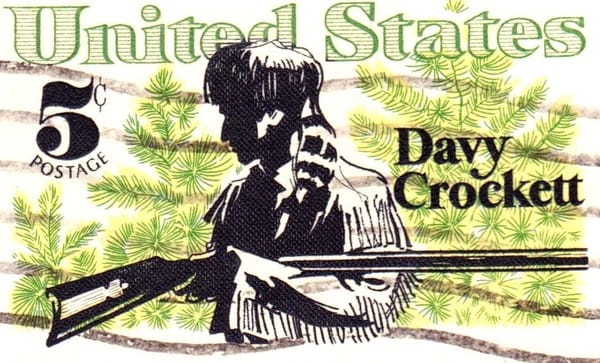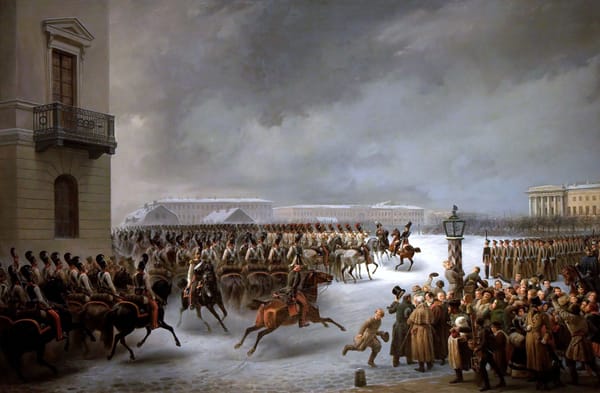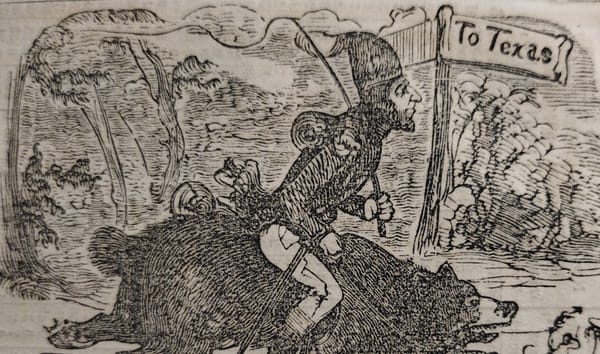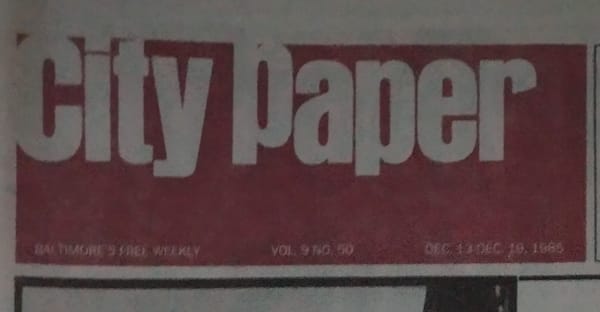CDC in Crisis & US Lysenkoism: Watch LET THE DARKNESS IN
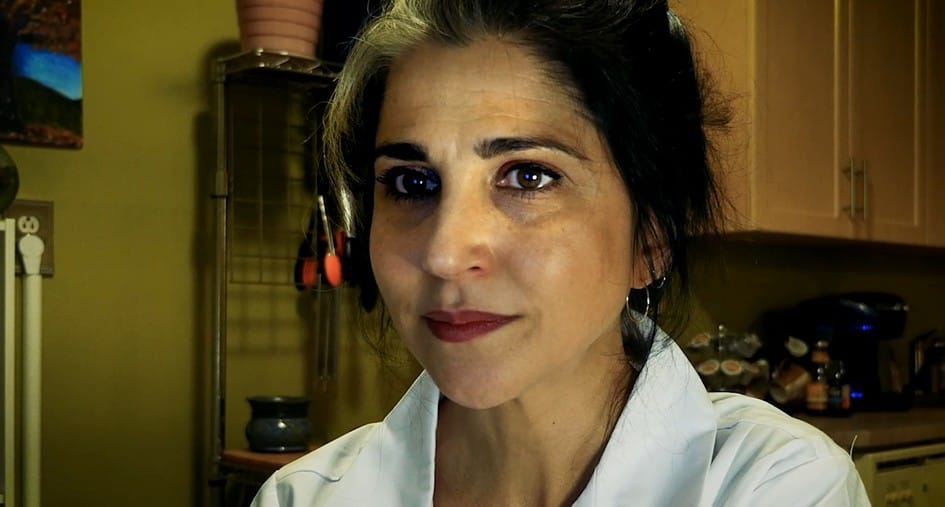
There is no other way to put it: The Centers for Disease Control (CDC) are under attack today.
The dry run for the current assault on public health came back in 2020, during the first Trump Administration's failed response to the COVID-19 pandemic. Bleach. Ivermectin. Tent morgues. Great Barrington. Death bed video calls.
One wonders how we could forget all this. Yet we have.
In that summer of 2020, I wrote a monologue called Let the Darkness In. It was my response to the effort directed by the White House to control information, reassign scientists and damage public health. (Watch the short film here.)
It was also the start of an American Lysenkoism that is close now to taking full control of the nation's public health with the connivance of Congress.
Let the Darkness In depicts the final message sent by a federal public health official named Ellen to her colleagues. She has been cut off from her email by the agency, but her video conferencing still works.
My decision wasn’t easy. But it was straightforward. They reassigned me. I said no. I know it might seem like a betrayal not to stay. But staying would betray the truth. Of our situation. I hope you can see it that way. I don’t blame you if you can’t. I’m leaving with my head up. I am.
They told me I was disruptive. In the flood of emails and phone calls, it’s easy to forget that it is not our job to be diplomatic. Or be popular. This is life or death. Our job is to be right.
If we get it wrong, people die.
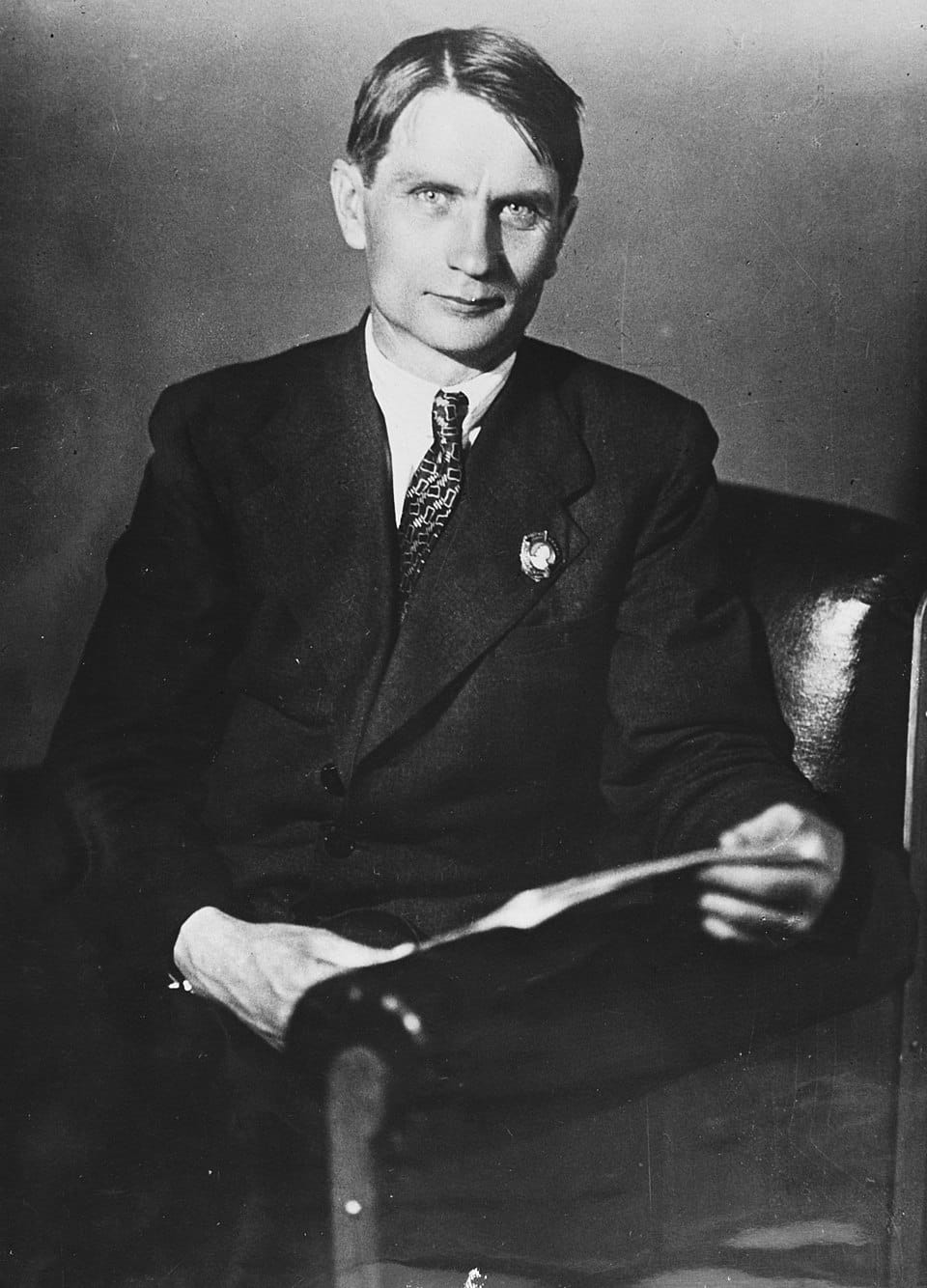
Trofim Lysenko is notorious. So much so that the damage he created in Russia by bending science to politics under Stalin has become an actual term that describes the larger phenomenon: Lysenkoism.
In the monologue, Ellen tells the story of how Lysenkoism took hold in the Soviet Union in the 1930s.
Do you remember AP Biology? That week of classes on Lysenko. Trofim Lysenko started out as an agronomist. Puzzling out how to grow more wheat in Soviet winters. But he got out of the science business and into the politics business.
Good timing for him. Stalin wanted wheat. It didn’t matter that the man who promised wheat thought Mendel and Darwin were nonsense – and Lamarck was on to something. It was perfect. A scientist told the world that Marx held the keys to biology, too. Alchemy, not agronomy.
Stalin liked the sound of it. Rulers who pay charlatans for promises always do. Stalin put the full power of the state behind Lysenko’s pseudoscience. Even Stalin’s death didn’t stop him. Three decades of damage to science in the Soviet Union.
Back in AP Biology all those years ago, I thought that it could never happen here. Those dumb Russians. Laughing stocks. But then you see it happen here. Now. In this pandemic. Muzzled objections. Strategic silences. Ignorant political operatives in every meeting. Public pronouncements trumping science. It’s a crisis, they say. And Stalin wants wheat.
In Ellen's view, science is not trying to antagonize power intentionally. Yet she insists that its very existence – its principles and practices – are a stick in the spokes of a totalitarian project. A stick that tyrants want to snap in half.
In science, when your hypothesis fails, you adapt. Create new theories. Test them. Politics is different. Facts don’t matter if you get rid yourself of people who speak about them. There was a phrase attributed to Stalin: "No man, no problem." It’s from a novel, actually. But it sounds like Stalin. So it stuck.
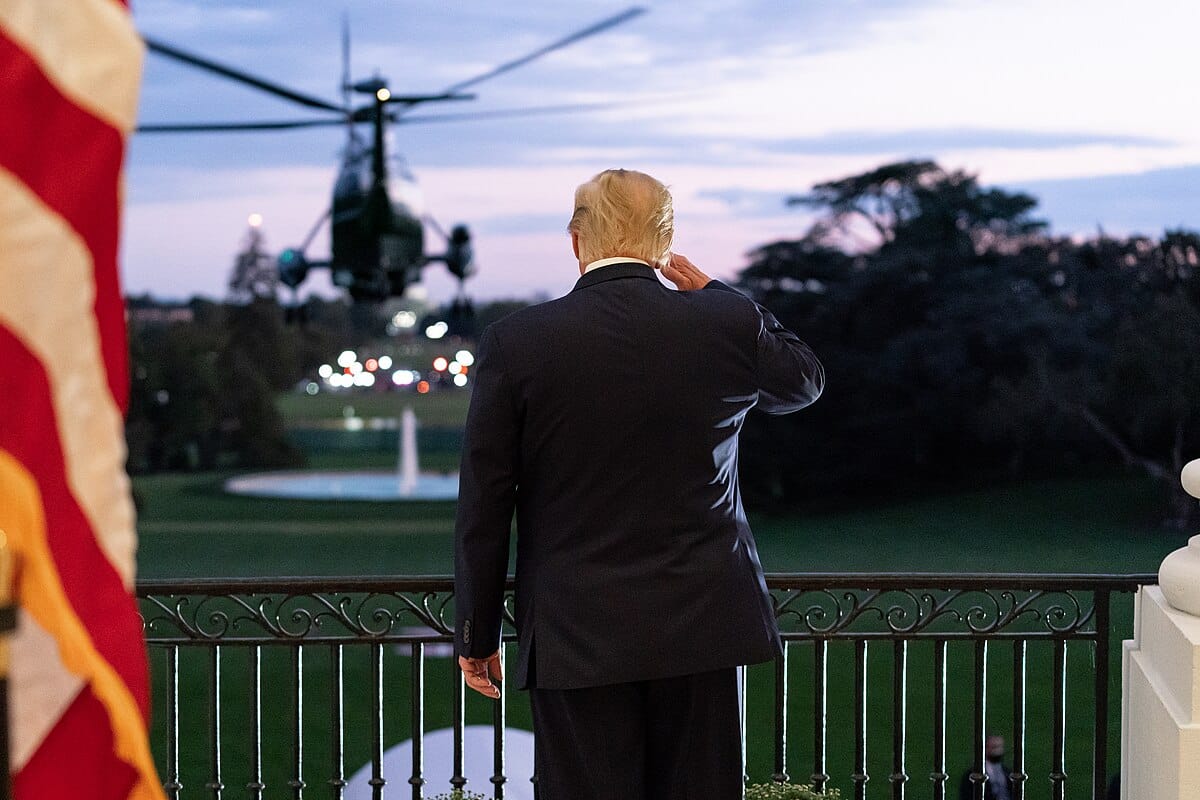
We shot Let the Darkness In during the height of the pandemic's first wave. To do so safely, we figured out a way to Task Rabbit the camera to our actor – and do everything remotely.
It worked. And Christa Kimlicko-Jones' performance as Ellen? Tough. Vulnerable. Desperate. Sublime.
Near the end of the monologue, I tried to distilling what makes science special. Why are deliberate attempts to impose ignorance upon us so alluring and powerful? What's actually at stake?
I hope you can take a few minutes to watch Let the Darkness In and reflect upon why what's happening today in public health in our nation is so damaging and dangerous.
Nature just happens, right? Naturally. Good or bad. It’s there. All around us. Inside us.
But science? It’s special. It doesn’t happen by itself. Science is the place we create to keep a steady light on nature. See it better. Understand it. Discover how it works. It took centuries to figure out the best way to do it. Make the tools. Shine a useful light on nature – good and bad.
But now our leaders fear this place we’ve built. When they can’t make scientists say what they want them to say, they try to destroy it. Banish us. Repress the specialists.
Science is a place of light. These politicians want to let the darkness in. So we can’t see nature. So we’re blind to its workings. And if they succeed, more people get sick. Starve. Die. Suffer in the darkness when they could be in the light.

